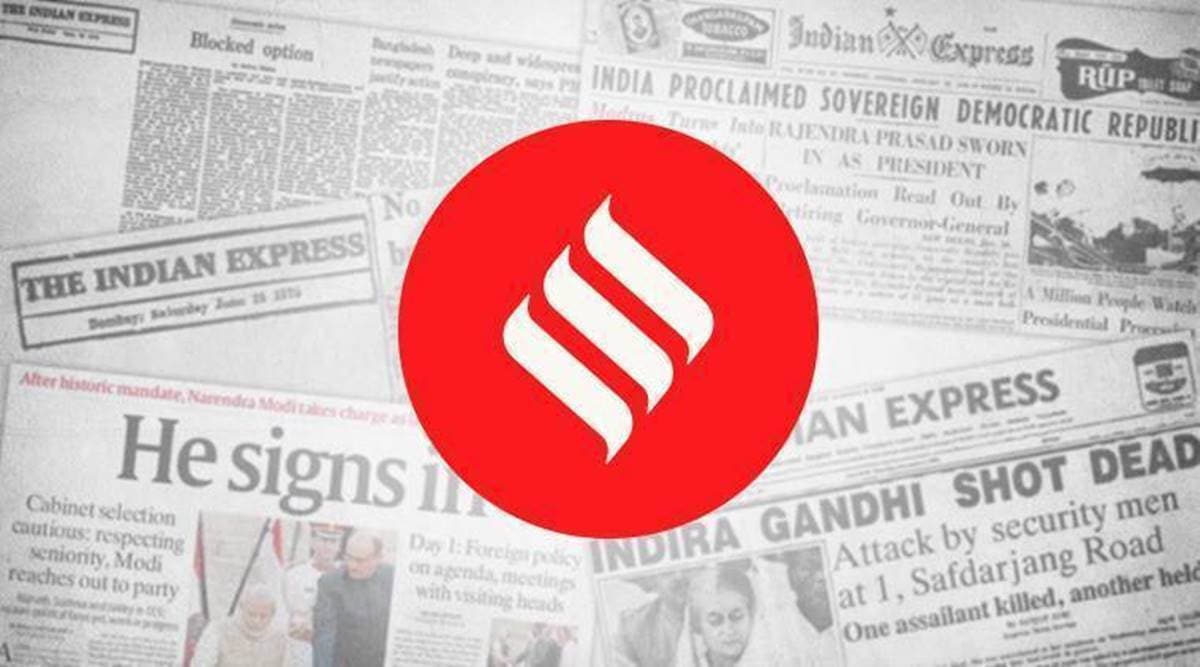If Home Minister has to resort to same old rhetoric against J&K’s mainstream leaders, what’s been achieved over past year?
Ahead of the District Development Council elections, the first step towards opening up political space in Jammu and Kashmir since the Centre revoked its special status over a year ago, Union Home Minister Amit Shah has called the BJP’s political rivals the “Gupkar gang” which “insults the Tricolour” and wants “foreign forces to intervene”. It’s ostensibly a response to National Conference leader Farooq Abdullah’s rant that so disillusioned are the people of J&K that they may welcome China and perhaps Beijing could help restore Article 370. Such rhetoric does the senior politician no favours and only hurts the political possibilities that are still fragile in J&K. Sure, Abdullah needs to be called out on this but the name-calling on social media by the Home Minister is unfortunate.
After all, Shah has been the prime author of the Centre’s script in the former state since August 5, 2019. It was on his watch that thousands of political workers, including leaders of all the political parties, were detained on the morning of the reorganisation of J&K, and on his watch, again, that many of them were subsequently released. Shah’s ministry presides over the internet restrictions that continue in J&K and it is its decision to kickstart a political process by holding elections to local bodies. The Home Ministry made the amendments required to open the hitherto nominated posts in the DDC to direct elections. For him to target regional parties and other outfits that have chosen to contest the election together under the banner of the People’s Alliance for Gupkar Declaration (PAGD), therefore, is unbecoming. It also begs the question: If Shah resorts to the same old rhetoric against J&K’s mainstream political leaders as he did pre-August 2019, what has changed, and what has been achieved, over the past year? The PAGD, it would appear, has delivered a setback to the BJP’s own election plans in J&K. The party may have calculated that the PDP, NC, J&K People’s Conference and other PAGD constituents would boycott the election as they had vowed to do earlier, and that, therefore, the BJP and J&K Apni Party candidates would be a shoo-in for the DDC posts in the Valley. But the constituents of the PAGD are parties recognised by the Election Commission and their decision to enter into a pre-electoral alliance is a legitimate democratic option. As Home Minister, if not as BJP leader, Shah could have welcomed their participation in these elections as a move that lends credibility to the August 5, 2019 decisions, even as evidence of “normalisation”. Instead, he appears to be reinforcing the impression that the BJP wants only a bonsai democracy in J&K, where it can control the outcomes.
These elections are being held in circumstances in which candidates have been sequestered for their own security by the government and will not be able to campaign. Yet, imperfect as the process might be, it has generated some political activity in a place where alienation from the political process, and cynicism about it, has been gaining ground. Lieutenant Governor Manoj Sinha’s outreach and his push to rope in mainstream politicians in local governance is a positive signal. Yet, deep distrust in the wake of
August 5 endures and Shah’s diatribe only adds to it.
Source: Read Full Article


